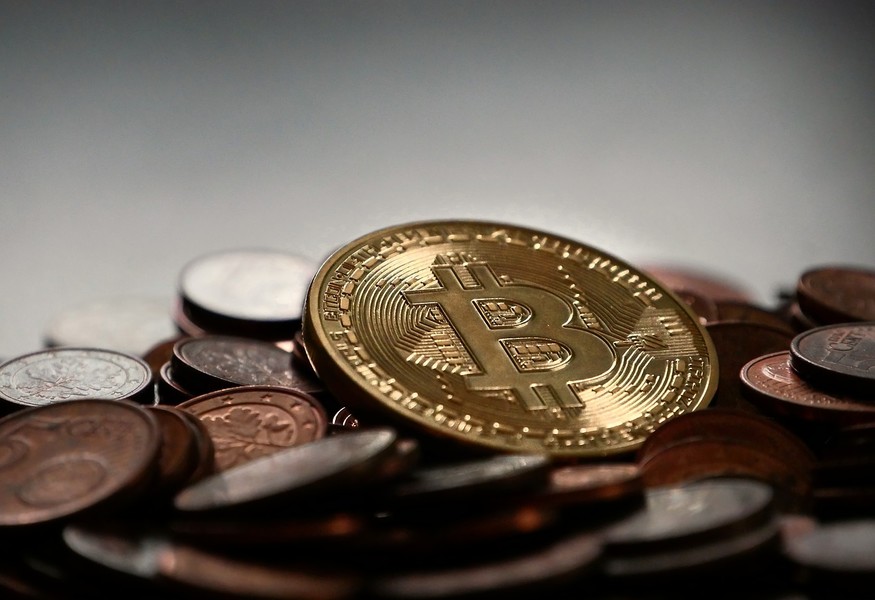
Currently, around 144 million people own bitcoins, of which only 10.000 people own around 5 million digital currencies, the equivalent of $ 232 billion, according to the Wall Street Journal. quotation. This means that, more than a decade after the launch of bitcoin, the distribution of the cryptocurrency continues to be concentrated in a very small number of major players.
10% of the miners control 90% of the mining capacity
The wealth of miners, bitcoin exchanges, and the number of people who own cryptocurrency has exploded over the past two years. However, around 90% of transactions with this digital currency are the result of two activities that do not have a true economic function, according to the findings of the report by the National Economic Research Office. The first of these activities is the way the network processes these exchanges, while the second is the bitcoins sent between the wallets of the same user, in an attempt to hide their identity. The remaining 10% are transactions between different types of exchanges and exchanges between institutional investors.
On the other hand, the study shows that 10% of the main miners control 90%, of which only 0,1%, about 50 miners, own almost 50% of the mining capacity. These figures are quite important and threaten the very life of the cryptocurrency. This threat is based on the fact that if half plus one of the miners agree to hack the rest of the community to rewrite the chain of operations, it would allow them to create new bitcoins and trade without owning it.
The end of bitcoin could be near
Eswar Prasad, a professor of international trade policy at Cornell University, argues that bitcoin itself may not last much longer, due to its inefficient blockchain technology and the fact that it does not act as a medium of exchange.
According to Professor Prasad, speaking to CNBC, some of the new cryptocurrencies use blockchain technology much more efficiently than bitcoin. For example, Solana can process up to 65.000 transactions per second, while bitcoin only has the ability to handle seven transactions per second.
In addition, it highlights the environmental impact of the transaction validation mechanism used by bitcoin, whose carbon footprint is greater than that of all of New Zealand, needs as much electricity as Thailand to function and produces the same e-waste at home. year of the Netherlands.
More generally, Prasad evaluates the impact cryptocurrencies have on central banks, which are already considering issuing digital versions of their own currencies. According to him, these digital currencies could provide a low-cost payment option that everyone has access to, which in turn would increase financial inclusion and potentially financial stability.
